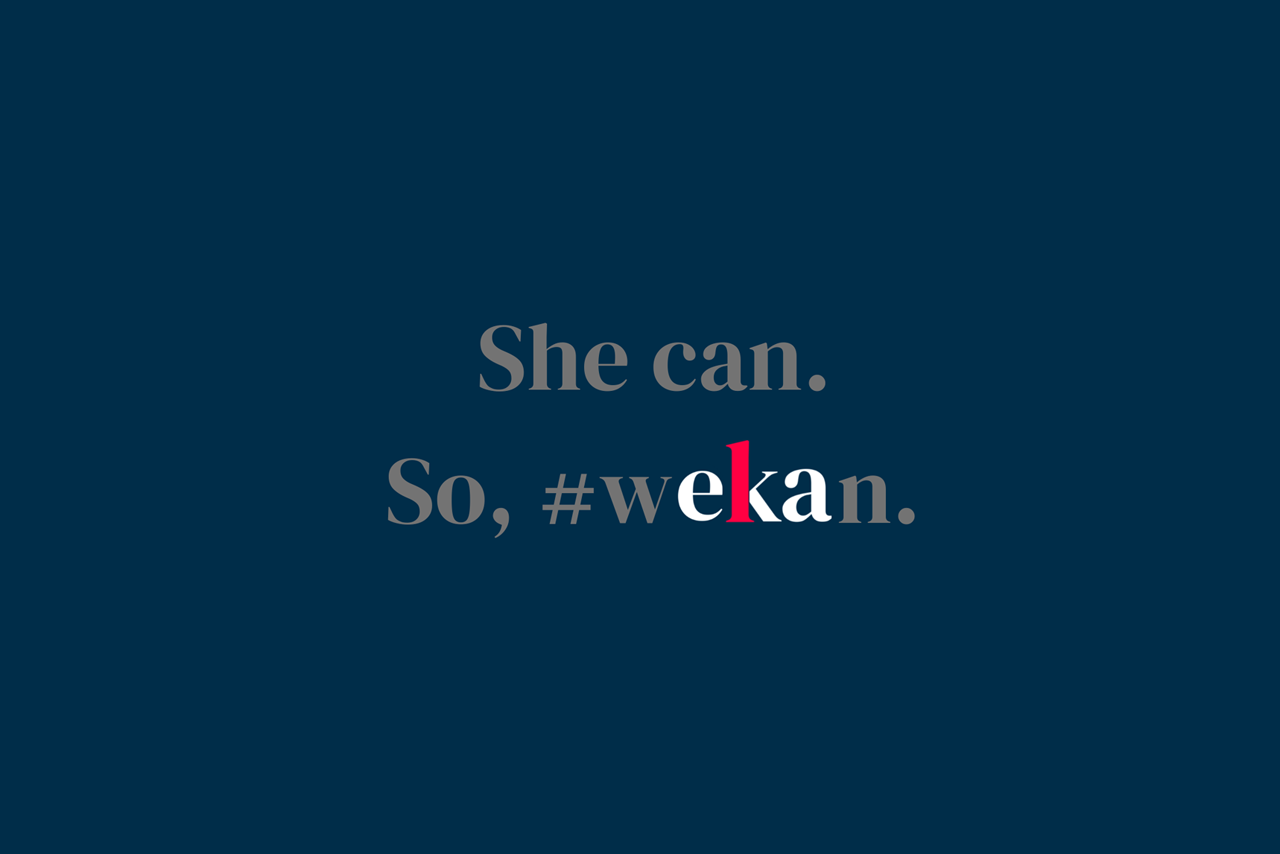An International Women’s Day 2023 special edition blog on this year’s theme #EmbraceEquity, featuring Shuchi Nijhawan – CHRO & Chief Sustainability Officer.

We #EmbraceEquity by...
An International Women’s Day 2023 special edition blog on this year’s theme #EmbraceEquity, featuring Shuchi Nijhawan - CHRO & Chief Sustainability Officer
1. In 2023, the challenges that women face at the workplace might look different from what they were a decade ago. What are the top challenges that you think currently create barriers for women in the workplace?
One of the top challenges is what I would like to call the “Leaky Gut phenomenon” – While there are a substantial number of women entering the workplace, the ones that pass through the talent pipe to reach above the middle management level are relatively fewer. Yes, women are definitely being passed up for opportunities but a fair quantum of them are dropping out of the game, even before they can be passed up for opportunities.
2. People and Culture teams at corporates play a pivotal role in supporting women in the workplace. According to you, what is the #1 way in which HR teams can help provide women an equal chance to succeed in their career?
So, to hit home on the previous question, organizations need to create a fundamental support system, that gets women to a place where they feel that they are adequately able to manage home, children and career together. This can be established through short-term processes and long-term policy changes. One such intervention is the “Return to work” program that a lot of organizations have institutionalized. Another could be by offering sabbaticals to manage short-term family situations that need immediate attention, till such a time that a sustainable solution is found by the woman’s family.
But these cannot come at the cost of disadvantaging the women workforce.
3. According to you, what kind of influence does company culture hold over creating a work environment that is free of bias, stereotypes, and discrimination?
Culture is the sum total of what people believe or are led to believe within an organization. In an ideal state it is “for the people, by the people, of the people” so to a large degree of influence, the company culture can set the tone. But there are micro cultures that exist within every organization, which means that the bias, stereotypes, discrimination need to be curtailed “for scale”, “for strategy” and “for action”.
4. Which is the smallest way in which every employee, regardless of gender or designation, can #EmbraceEquity to celebrate and value our differences?
#Changeyourlens – Equity is not just about providing more opportunities, or other “mores” to make one section of the workforce stronger. It is about changing your lens so that you can identify the strengths differently and enable equal outcomes using this lens. Women especially need to acknowledge, recognize, and promote this change – even amongst their own tribe. How else will you be the change that you want to see?
5. How does Eka Software Solutions as an organization strive to create an equitable workforce?
At Eka, we recognized early on, that even though every organization might have the intent, if you do not have change champions to execute on that intent, change will not become a reality. At Eka, we already have cultivated women leaders in executive roles, non-executive leadership roles and mid-management roles to create sustainable role models of Equity and Equality. Our thumb rule is that we differentiate, and do not discriminate. This helps us systemically, and empathetically to offer flexibility, opportunity, and development, providing the necessary nudge towards an equitable culture. Do we talk about it often? We don’t, and that’s one of our key goals for 2023-24.
Other resources

Breaking down the gender bias
According to TrustRadius, 72% of women in technology report being outnumbered by men in business meetings by at least 2:1, and 26 percent by 5:1. According to the same report, most women in technology (78%) feel they have to work harder than male counterparts to prove their worth.

Woman, you have come a long way, but the tech industry still is a different ball game
The most influential firms in the tech industry are led by men like Elon Musk, Mark Zuckerberg, Larry Page, and Jeff Bezos.

According to TrustRadius, 72% of women in technology report being outnumbered by men in business meetings by at least 2:1, and 26 percent by 5:1. According to the same report, most women in technology (78%) feel they have to work harder than male counterparts to prove their worth.

The most influential firms in the tech industry are led by men like Elon Musk, Mark Zuckerberg, Larry Page, and Jeff Bezos.